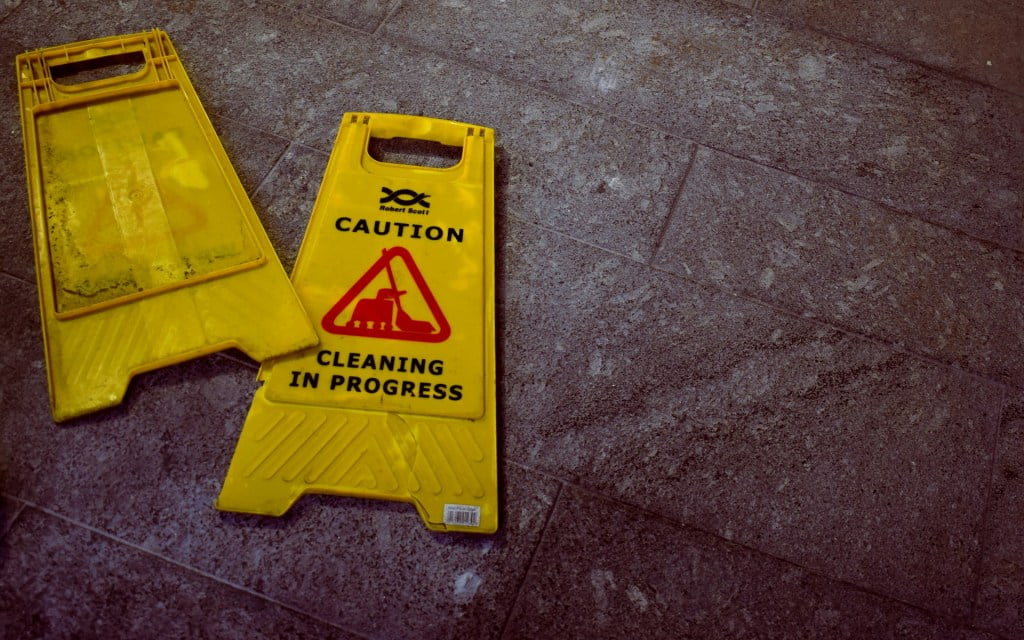When we think about investment, there are a lot of words circling our thoughts, cryptocurrency, mutual funds, stock market, etc. However, one of the most stable investment opportunities is property investment.
If you’re considering taking this bold move, you’re not only brave enough to think big, but you’re also probably going to experience the short-term and long-term benefits of property investment. However, before you invest, consider these 6 important pieces of advice.
1. Your Real Estate Choice
If you think about it, there’s no bad choice when you want to invest in a property, but there are different types you can invest in. You can invest in a residential property or in a commercial property such as an industrial property or retail property.
The difference between the residential and other types of properties is that with the residential, you deal with people, and with the other types, you need to deal with businesses. There are also different returns.
Residential property returns
Think about it, when you invest in a residential property, you can live in it or you can rent it. If you rent it, you get a steady income, and if something happens, you’ll always have a roof over your head.
Another reason to invest in a residential property is that you can pass it on to the younger generation. It stays with the family. Also, you can always build on your property, add units and rent them out.
Commercial property returns
With commercial properties, the potential for a larger income is greater. It can be much more profitable than a residential property, but it depends on a few factors, such as the state of the economy, the location, and many things that can affect the economy.
Dealing with a business owner renting your property comes with a great perk, maintenance. It’s in the interest of the business owner to maintain his reputation by maintaining the property as well, so there’s no need to worry about maintenance unless you have a unique contract.
2. Think About How to Invest
There are several ways you can invest, and the two primary forms of income you get from investing are passive and active income. Apart from both passive and active income possibilities, these strategies include:
Using the BRRRR method
Most real estate investors use this strategy because it’s one of the most profitable strategies, and it simply means that you need to buy the property, rehabilitate it, rent it, refinance it, and repeat the whole thing.
It’s a chance to get more and more properties under your name, rent them, and have a steady income flow. Before you choose to buy, put everything on paper, the cost of rehabilitation, the rent, the money you’re giving immediately.
Do some calculations before you jump into the BRRRR method. The key is to get lower labor and material costs. That’s the way the investment pays off.
Investing in a real estate trust
If you invest in a company that works with real estate such as a REIT (Real Estate Investment Trust), you make an excellent investment. REITs are companies that own and manage real estate.
So, you invest in something that resembles a mutual fund. By using your money and the money of the other investors, REITs use that source of income to flip, sell, rent, manage, etc. their properties.
You get a return on investment, and they get a profit to buy another property. It’s a repeating action that earns money both for the investors and for the REIT.
Flipping properties
It’s a great investment strategy, and it’s a more active income factor because you buy the property, rehabilitate it, and then you sell it. The trick here is to choose the amount of renovation.
You should do a good job to make the property look pleasant, but you shouldn’t overdo it. To maximize your gain, calculate the approximate price you would sell the property at, and fit the renovation budget in there.
Wholesaling properties
It’s very similar to flipping properties, but there’s no need to actually buy a property. The deal with wholesaling properties is that you make a contract with the owner of the property, and you find a buyer.
You carefully draft a sales contract with the owner, and then you find a buyer and sell the property for a higher price to profit from it. With flipping, you need to make the property look good before you sell it. Wholesaling comes at no extra cost.
The properties you would sell would be ones that are distressed because they sell below market value. These usually come cheaper. Distressed properties are ones that are under foreclosure because of the owners’ inability to pay their mortgage or tax.
Still, there are more ways to invest, like buying and holding properties, live-in flipping, investing in an REIG (Real Estate Investment Group), tax lien investing, etc. So think carefully about which one works best for you.
3. Location, Location, Location?
It’s easy to think about strategy and the type of property you’re going to invest in, but you also have to pick the location of the property. It’s best to do this with a lot of careful consideration, because there’s only one thing you’re considering, and that’s potential.
You can always buy a property in a very urban area, and it might be a poor investment, as the appreciation for the property will go up, but it won’t skyrocket. So, think about the booming potential.
If an area is just growing and blooming, hospitals are being built, schools are opening, and there’s little to no crime, it’s possible that the cost of the property will increase fast over the next few years.
Plus, if you’re not looking to flip the property, a good location yields potential tenants, people who will pay rent. And if you don’t have insight into the location, you can always reach out to different property advisors like Curtis Associates.
4. Proper Management
Depending on the property type, management can be difficult or not at all present on your end. This means if you invest in residential property and rent it, you need to show the property, collect rent, meet with potential tenants, etc.
This is where a management company comes in handy. Most investors handle their properties through management companies because they’re busy scanning for investment opportunities.
5. Think About the Payment
How you pay for the property can largely affect your ROI. Think of it this way, you buy a property for $300,000, and you rent it, plus pay the taxes, plus pay the income tax, and all the other costs, but you can expect an annual return of approximately $30,000 which is 10%.
If you finance the property and need to understand the finance process, you’re looking at a down payment of 20% of a $300,000 property. However, your annual ROI is going to be roughly $14,000 after removing operational costs, and because of the compounding on the mortgage.
So, you halved your annual return, but you invested only $60,000. This only pays off if you’re not already indebted with student loans or mortgage loans, or other forms of credit.
6. Get an Expert’s Opinion
Finally, it’s good to get an expert’s opinion. Of course, nobody is going to give their trade secrets away for free, but getting a legal consultant or another investor to give you a bit of advice goes a long way.
There’s a lot of information about the real estate market and its current situation that you can’t find online or get by doing the research yourself. It’s necessary to draw on the experience of professionals.
Takeaways
If you’re thinking about investing in real estate, do your homework and follow these tips. It’s important to choose a location wisely, put some thought into picking the right type of property, and choose the investment strategy.
After you’ve done all that, you can think about how to pay for the property, how to manage it, and if it’s even necessary to consult with a professional. Finally, remember that this is one of the safest ways to invest.


